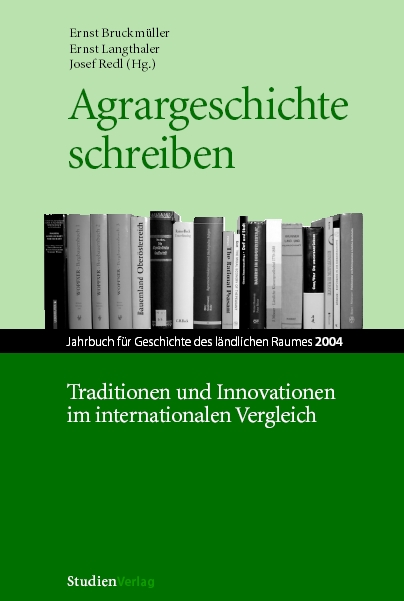Framed Images of the Rural
Agrarian Historiography in Austria in the Second Half of the 20th Century
DOI:
https://doi.org/10.25365/rhy-2004-3Abstract
According to Hayden White’s theory of ‘metahistory’, the author argues that content and form of Austrian agrarian historiography since 1945 was determined by different epistemological concepts. From the late 1940s to the 1960s, the hegemonic paradigm of 'peasantness' highlighted the ‘proper peasant’ and its legal relations to the lordship. During the 1970s, two new models emerged: The paradigm of 'agrarian modernization' focused on the transformation of traditional peasant communities into modern agrarian societies. From a similar but ideologically reversed view, the paradigm of ‘agrarian differentiation’ emphasized the ‘death of the peasant’ caused by the process of class formation of agrarian capitalists and the rural proletariat respectively. Since the mid-1980s, economic and social history of rural societies have faced a 'cultural turn' or at least a cultural extension. The paradigm of 'agrculture' primarily highlights the everyday lives of rural people, their gender relations and the human uses of natural resources. The author concludes by pleading for an open discourse between different paradigms in order to overcome disciplinary boundaries.


